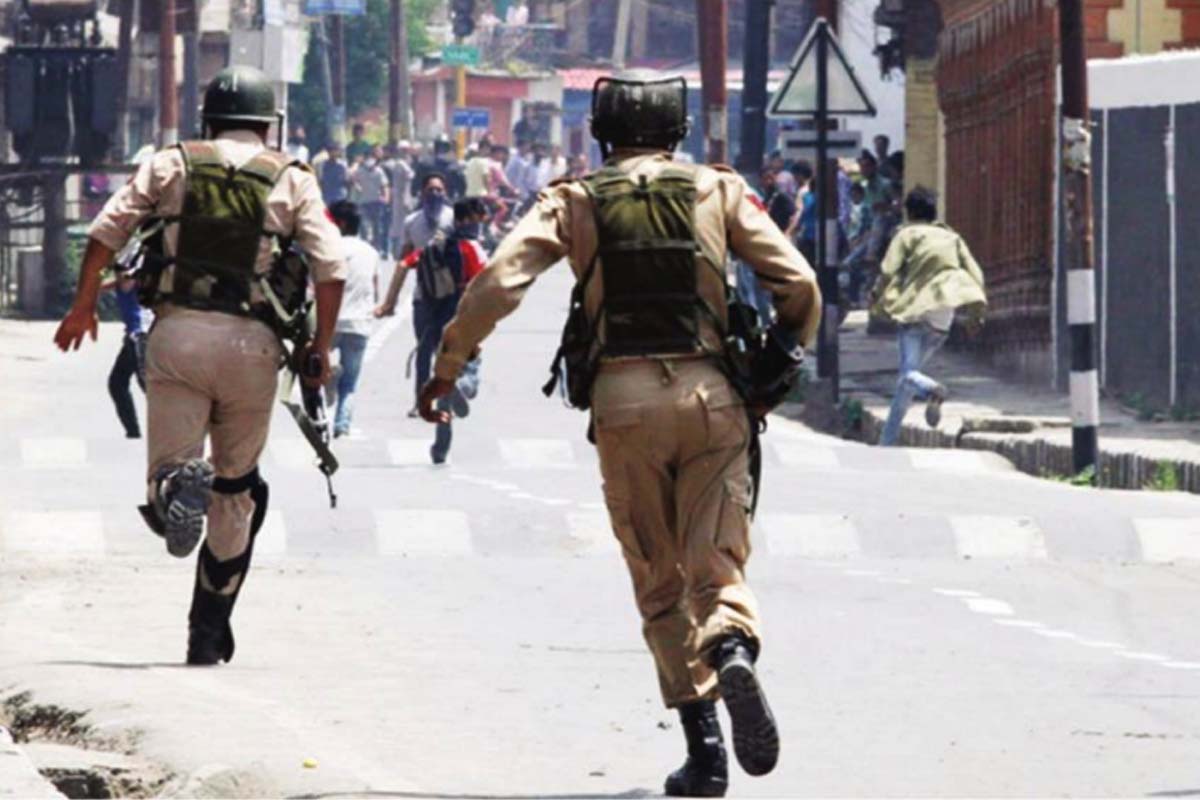When do militaries decide to retreat? My interest is not in military retreats in war but in the political arena. There is near-consensus now that military rule or even its role in politics is harmful for states and armies. Thus, most previously politically active armies have withdrawn from politics. Nearly 40 of Africa’s 50-plus states, around 20 of Asia’s 50 states, 20- plus of the western hemisphere’s 35- plus states and 14 of Europe’s 40-plus states have seen military rule in previous years. The 1960s-1990s decades saw the peak of army rule.
Externally, a key facilitating factor was the ability of military dictators to present themselves as pliant clients more suited to the superpower’s strategic aims than elected regimes. This gave them access to the foreign aid, arms and political support needed to retain power. So, the sharp fall in military rule after the 1990s had much to do with the end of the Cold War, which reduced American and Russian support to military dictators across the globe. Today, perhaps Sudan is the only state ruled by a general, that too as head of a transitional regime committed to holding elections soon. But the list of civilian autocracies is still long.
Advertisement
In most states, there has been an end to not only formal army rule, but also any informal army role in politics. These include Indonesia, Brazil and Argentina among many others. Most of them have progressed better after the end of army rule. But some militaries still retain residual powers. The latter include the ability to acquire and freely spend large defence budgets, manage promotions and run large businesses with little civilian oversight.
In other states, they may influence civilian domains, including national, foreign and security policies, politics and polls. Such roles are especially seen in the ‘TEMPT Club’ (Thailand, Egypt, Myanmar, Pakistan and Turkey). Earlier, most militaries within the ‘club’ were American clients. Today, only the Egyptian army is still one, while the Pakistani and Myanmar armies actually have strained ties with the US now.
Thus, a puzzle for political scientists is the ability of this small number of militaries to retain their political clout even after the Cold War. A common but lazy explanation is to blame continued military dominance on civilian misrule. But such misrule is present in almost all developing states even today. Yet, there has been a sharp fall in the incidence of both military rule and role in politics. So, analysts look more at the internal makeup of militaries and the strategies adopted to remain dominant. Such analysis firstly identifies the factors that help militaries develop and perpetuate strong internal political ideologies. Two key factors are the roles of major conflicts and intergenerational continuity in recruitments. Both factors are very relevant in Pakistan.
In this country, the army emerged from the British Indian army whose biggest garrison town was in Rawalpindi, as its main challenge at that time came via the north-western areas from Russia and restive Pakhtun tribes. Naturally, much of the recruitment was done from the nearby areas of northern Punjab. Joining the army became an intergenerational tradition there. Even today, a big chunk of the soldiers and officers come from there, with many being second- and thirdgeneration recruits. This area also saw intense 1947 riots and is close to flashpoint Kashmir. These factors helped promote a stronger political mission and ideology in these areas than in the rest of Pakistan.
The second part of the analysis looks at the strategies that militaries have adopted to remain dominant. These include large PR units that propagate their ideology and critical role, big spy agencies that permeate society to control its economic, political and social domains, and businesses and welfare schemes.
Thus, for many analysts, it is such ideology and strategies, and not civilian misrule, which perpetuate military dominance in some places. But the challenge for such militaries is that wars can be lost as they try to remain politically dominant, for the costs of dominance are now increasingly obvious via large defence expenses, the militarisation of state policy and society as well as increased extremism.
The key to hastening the process of ensuring that militaries do not overstep their mandate lies in creating awareness about the harmful impact of their political dominance among the middle-class population that is often its cheerleaders because of their anger against civilian misrule and sleaze. Yet, the simple truth based on international and local experiences is that such misrule causes much less harm than military dominance.











